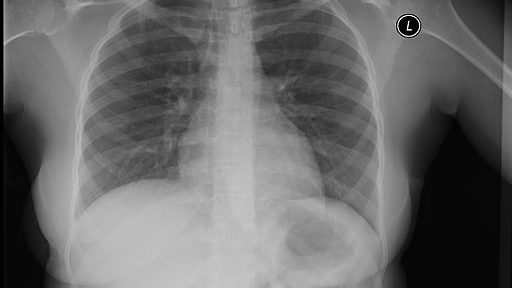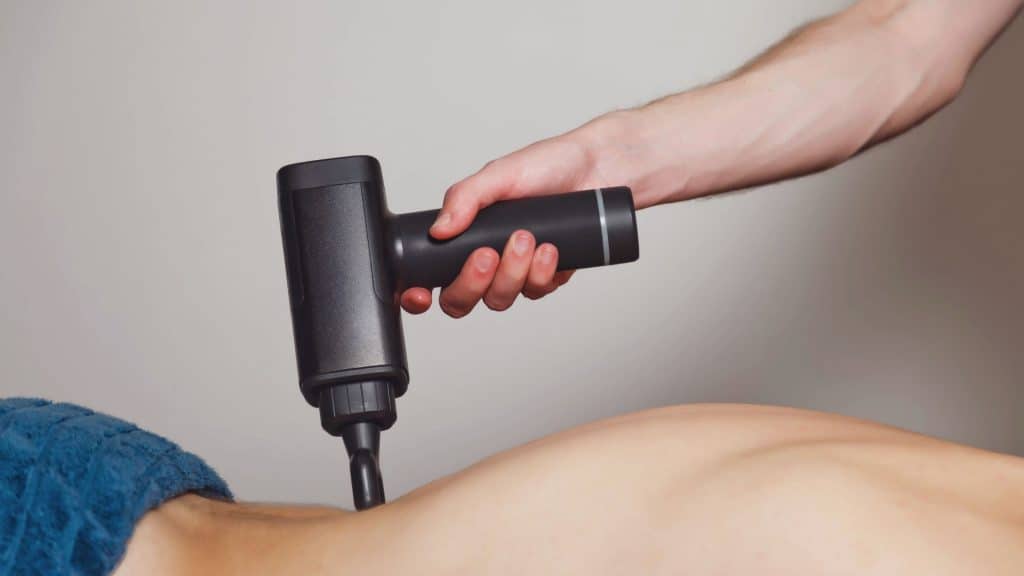Last updated on April 19th, 2025 at 11:17 am
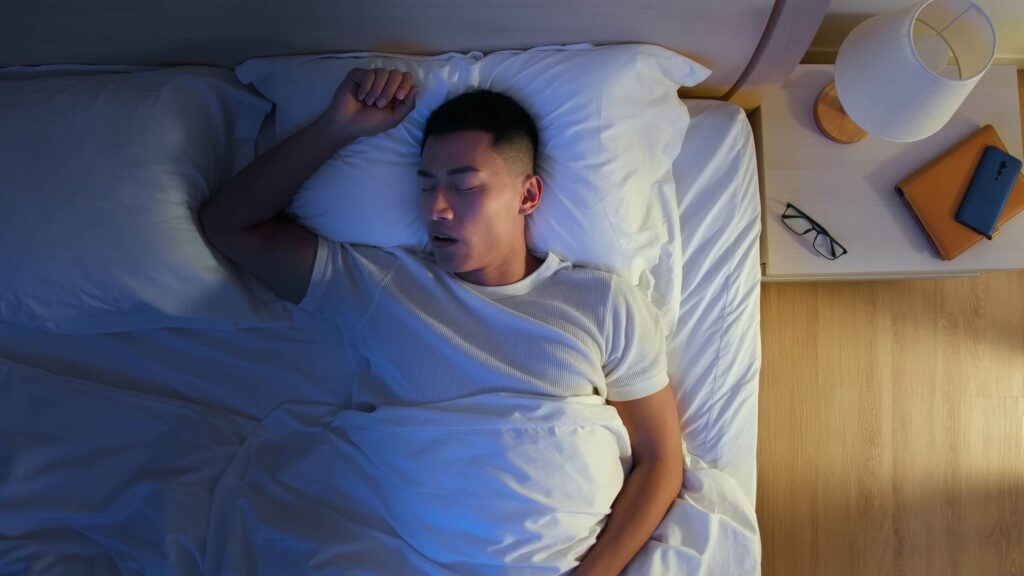
- Snoring can become harmful to your health if it becomes regular.
- A recent study published in the online journal Nature establishes a link between snoring and uncontrolled hypertension.
- The article discusses the health risks of snoring and the best treatment options for sleep apnea.
- The study revealed that the participants who snored more often also had more episodes of sleep apnea, where they stopped breathing during sleep.
- People who snored more often had slightly higher blood pressure, even after accounting for factors like age, weight, and sleep apnea.
Snoring is a common problem that we might have experienced in our lives. While snoring can be safe for many without any underlying health issues, it can harm your health if snoring becomes regular.
A recent study published in the online journal Nature revealed that regular snoring can result in uncontrolled hypertension or uncontrolled high blood pressure1. In this article, we will learn what made researchers conclude this and how we can manage the issue of snoring naturally.
Why do we snore, and how do researchers devise a new method to measure it?
Snoring is a sound that is produced when we breathe while sleeping. When we are in a deep sleep, the muscles in our throat relax, and the tissues in the back can vibrate as we inhale and exhale. This vibration produces the sound of snoring. It’s like a musical instrument that makes noise when air passes through it. The sound of snoring can vary from person to person, and it can be loud enough to disturb others sleeping nearby. Snoring is a common problem that affects millions of people worldwide, but it can be treated in many cases4.
There are previous studies that have established a relationship between snoring and hypertension. Still, they had a small sample size, and the data collected were based on self-reported snoring assessments. According to the paper’s author, a self-reported snoring assessment may need to be revised.
A recent study aimed to address these limitations by using a large sample size and objective measurements of snoring by using a device that can be placed under a sleeping mattress. They also assessed the snoring over multiple nights to better understand the link between snoring and high blood pressure.
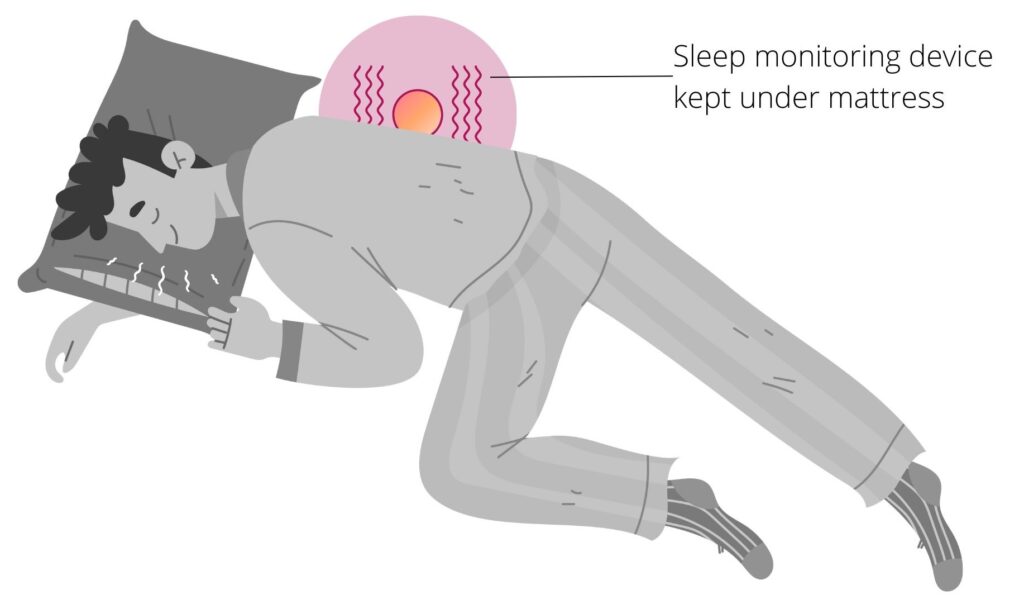
A total number of 12287 participants were included in the study. The average age of the participants was 50 years, and 88% were male. Most of them were overweight.
They all were given sleep monitoring devices that can be placed under the mattress. This device can track sleep stages and snoring sounds, estimating how often someone stopped breathing during sleep (called apnea) and how often they snored. They were also provided a home blood pressure monitor to record their blood pressure. They were given proper instructions on how to properly use digital blood pressure at home. People used a home monitor to measure their blood pressure following specific instructions. High blood pressure was defined as certain average readings over the entire monitoring period.
The researchers were looking for:
- How many people snored,
- How often they stopped breathing during sleep (based on the estimates), and
- How is their average blood pressure related to these factors?
How snoring can lead to high blood pressure
In this US-based research, the scientists collected the data between July 2020 and April 2021. After analysing most of the sleep and snoring data, some interesting facts emerged. The data indicates that most of the participants snored throughout the night, with 45% of participants snoring for more than 5% of the night, 29% snoring for more than 10% of the night, 14% snoring for more than 20% of the night, and 7% snoring for more than 30% of the night.
The study revealed that the participants who snored more often also had more episodes of sleep apnea, where they stopped breathing during sleep. This indicates that the person who regularly snores has a higher chance of having sleep apnea episodes.
One of the most important findings of this study was linking the risk of hypertension independent of other health factors. Previous studies have already established a strong relationship between snoring and hypertension due to sleep apnea.
The present study is unique because even after accounting for factors like age, weight, and sleep apnea, people who snored more often had slightly higher blood pressure. That is, if a person is fully healthy without any co-morbidity if he snores regularly, he can also suffer from uncontrolled hypertension. Surprisingly, this effect was stronger in younger people and those with a healthy weight.
Other health risks of snoring
Snoring causes obstructive sleep apnea (OSA), a sleep disorder characterised by a partial or complete obstruction of the upper airway during sleep. You can track and improve your sleep quality by using an online sleep calculator.. If this sleep disorder, which leads to a disruption in breathing and a decrease in oxygen levels in the body, happens regularly, it can harm health.
It increases the risk of various conditions such as stroke5, coronary artery disease, congestive heart failure, pre-diabetes, type 2 diabetes mellitus, and chronic kidney disease. This is because the decreased oxygen levels in the body can cause damage to the organs and tissues, leading to long-term health complications.
What are the best treatment options for sleep apnea?
Sleeping position for managing snoring
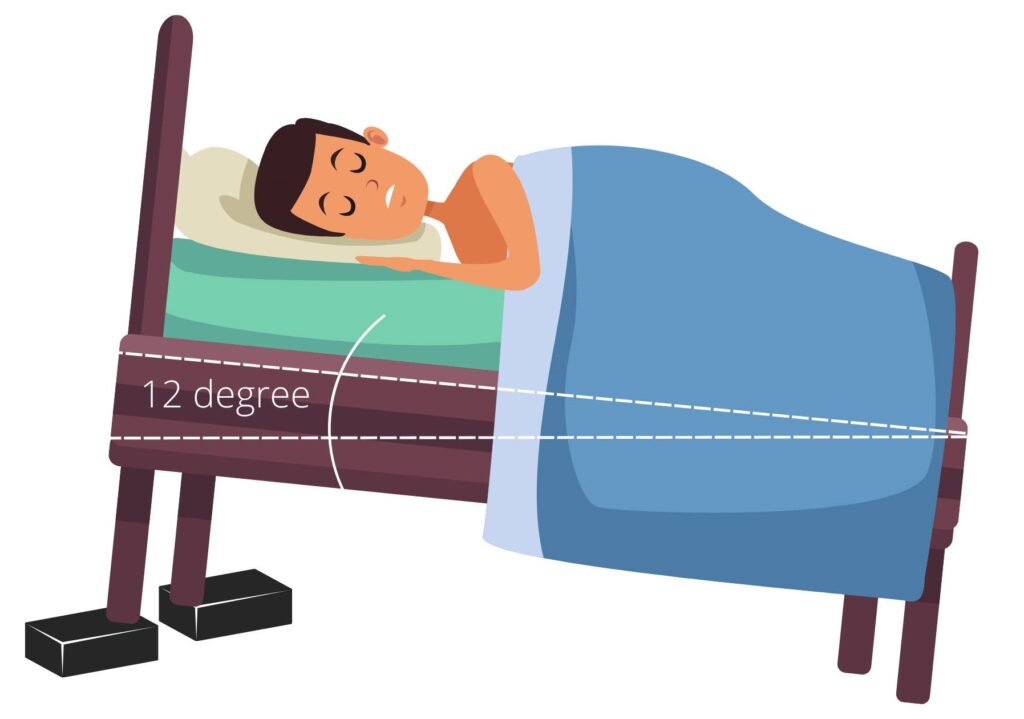
In one of the research studies2, 25 participants with snoring were made to sleep in an inclined position compared to a flat position. They were made to rest for 4 weeks on a flat surface and the next 4 weeks on an adjustable bed base to sleep with the upper body at a 12-degree incline.
The researchers found a 7% reduction in snoring when sleeping in an inclined bed compared to sleeping on a flat bed. They also found less obstruction in sleep.
So, you consider this strategy in your bedroom. According to the paper’s author, this sleeping position reduces the upper airway collapsibility. It increases the upper airway area, compared to the flat position, leading to improved breathing and, in turn, better sleep.
Tongue repositioning manoeuvre for snoring
The tongue repositioning manoeuvre3 is a simple and effective technique that can help to reduce snoring. It involves moving the tongue forward and away from the back of the throat, which can help open the airway and reduce the vibrations that cause snoring.
Step-by-step instructions for performing the tongue repositioning manoeuvre to reduce snoring are as follows.
- Sit in a comfortable position and relax your mouth and jaw.
- Place the tip of your tongue against the back of your front teeth.
- Slowly slide your tongue backwards along the roof of your mouth.
- Keep sliding your tongue until it reaches the soft palate (the soft tissue at the back of the roof of your mouth).
- Hold your tongue in this position for a few seconds.
- Release your tongue and relax your mouth.
You can repeat this manoeuvre a few times before bed at night to help reduce snoring. Moving the tongue forward and away from the back of the throat creates more space in the back of the mouth and helps open the airway. This can reduce the vibrations that cause snoring and lead to a better night’s sleep for you and your partner.
Managing Hypertension naturally
In hypertension, the blood vessels lose their elasticity, making it harder for the heart to pump blood through the body to maintain a constant blood flow. Regular exercise is one of the effective ways to manage hypertension naturally. Exercise helps to reduce blood pressure by improving the elasticity of blood vessels and strengthening the heart.
Aerobics exercises such as brisk walking, cycling, or swimming help burn extra fats and calories and are equally effective in improving blood flow and blood vessel elasticity by improving hypertension.
You should also take care of your diet. A diet rich in fruits, vegetables, whole grains, and lean proteins can help lower blood pressure. Stress management is also crucial in managing hypertension naturally. High stress levels can cause blood pressure to rise, so finding ways to manage stress, such as deep breathing, meditation, or yoga, is essential.
In addition to these natural methods, monitoring blood pressure regularly and consulting a doctor if it remains high despite lifestyle changes is essential. By taking a proactive approach to managing hypertension, individuals can reduce their risk of serious health complications and improve their overall well-being.
The key takeaway
The study shows that regular snoring can lead to uncontrolled hypertension, even in people who are otherwise healthy. The risk of hypertension was stronger in younger people and those with a healthy weight. Snoring can also cause obstructive sleep apnea, which increases the risk of various health conditions. Therefore, it is essential to manage snoring and sleep apnea through various treatment options, including sleeping position, weight loss, and medical devices like Continuous Positive Airway Pressure (CPAP) machines.
Keep Reading: Better sleep for kids starts with better sleep for parents – especially after holiday disruptions to routines
The author is a physiotherapist who has been practising for the last 17 years. He holds a Bachelor's in Physiotherapy (BPT) from SVNIRTAR (Swami Vivekananda National Institute of Rehabilitation and Research), one of the prestigious physiotherapy schools in India.
Whatever he learns dealing with his patient, he shares it with the world through blogs and e-books. He also owns a YouTube channel, "Sunit Physiotherapist" with over 8 lakh active subscribers. Here, he shares everything he gets to learn serving the patient.
